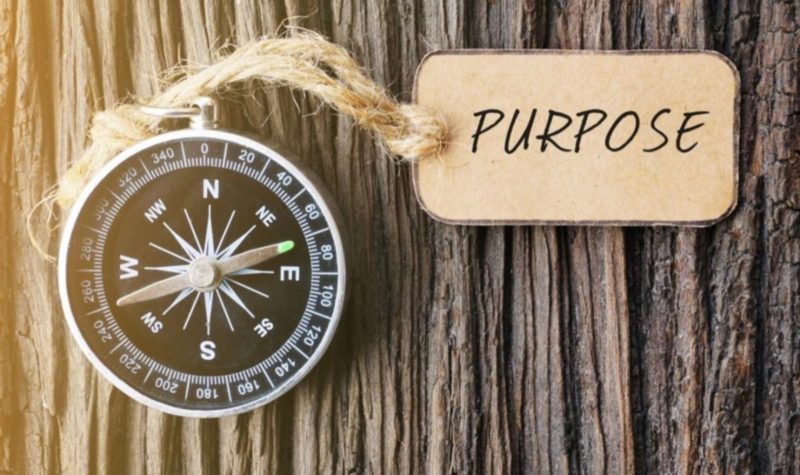

The Leader in You
- Feb 28th 2018
I love watching kids go about doing things they do. It is my so called ‘therapy’, my quiet moment by myself, sitting at a corner watching kids play, interact, fight, compete, cry, laugh, being silly and simply being happy.
From these observations, I noticed that leadership qualities actually start to develop at quite an early stage. Once I witnessed a group of kids dutifully forming a line behind a stern-looking girl. She dictated what they were going to play that day, and decided on ‘catch’. It was a game where one child is ‘selected’ to be the hunter & her role is to ‘catch’ anybody by touching or tapping that person. Once that is done, the new person becomes the hunter. As I sat watching the group of kids play, questions start to form in my mind. Why does the stern-looking girl have the authority to decide what game to play? Who gives her the authority? Why did the others follow? Why didn’t anyone object? What special characteristic does this girl has over and above the other children?
What defines a good leader? I think the answer to this question vary according to which angle you are looking at. In the context of an organization, if you ask the shareholders of a Company, the definition of a good leader will be along the line of ‘those who is able to lead the company to achieve the highest return on investment or profit’. Ask the employees of the company, their answers will probably be ‘those who takes care of the needs of the employees’. A good leader to the managers could be ‘those who inspires you to do better’.
Some leaders are strong in character and their leadership skills may be easily recognizable. Others are less obvious, opting to walk beside rather than in front, they prefer to urge and encourage, rather than order and dictate. So which is better? Often judgment is based on outcome rather than the method. If this is the case, then the leader who delivers the results will be labeled as a good leader, irrespective of the method he so chooses.
We are all leaders, in one way or another. Even those who may not be shouldering a management position in the organization where they work, are leaders in some ways. A manager is a leader to everyone under his department. A supervisor is a leader to those he supervises. A senior clerk is a leader to the junior clerks. Even the junior clerks are leader to a few. All mothers are leaders to their children, at some point of time. Most older siblings assume the leadership role over their younger siblings, and a quite few retain this authority well into their adulthood. Husbands are leaders to the wives and children. Your community representatives are leaders entrusted with the responsibility of ensuring that the safety and other needs of the community, is taken care of.
So there is a leader in all of us, shouldering that bit of responsibility we are meant to shoulder.
Therefore, the question is, what kind of a leader are we?


Rajat Garg
Rajat is a Master Certified Coach (MCC) with over 18 years of industry experience and over 2500 hours of coaching experience, helping people and organizations attain maximum effectiveness. His background includes working with CXOs, senior managers, managers and board of directors of small private companies to multi-billion dollar publicly traded organizations.









0